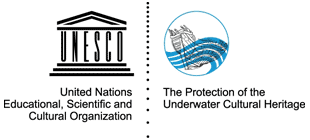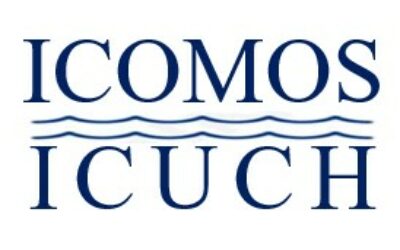The 2001 UNESCO Convention on the Protection of the Underwater Cultural Heritage
A Global Framework for the Protection of Submerged Heritage
The 2001 UNESCO Convention on the Protection of the Underwater Cultural Heritage is the leading international framework for safeguarding humanity’s submerged cultural legacy—shipwrecks, ancient ports, and other traces of human history that lie beneath the world’s waters.
This Convention was adopted to respond to growing threats from treasure hunting, commercial exploitation, and unregulated development in underwater environments. It affirms that underwater cultural heritage must be protected for the benefit of all humanity and not exploited for private gain. The Convention promotes responsible access, scientific research, ethical excavation, international cooperation and outlines the standard for proper excavation practices and protection measures.

ICUCH’s Role in the Convention
The International Committee on the Underwater Cultural Heritage (ICUCH) played a foundational role in shaping the 2001 Convention. ICUCH originated from the development of the 1996 ICOMOS International Charter on the Protection and Management of Underwater Cultural Heritage, also known as the Sofia Charter. This Charter became the basis for the Annex of the 2001 Convention, which outlines internationally recognized standards and best practices for underwater archaeological activities.
Today, ICUCH continues to serve as an official advisory body to the Convention’s Secretariat. As a scientific committee of ICOMOS, ICUCH supports the implementation of the Convention by:
Developing ethical and professional standards in underwater archaeology
Advising on heritage management practices
Promoting international cooperation between experts, institutions, and communities
Advocating for the protection of submerged cultural heritage for present and future generations
Through its enduring commitment, ICUCH helps ensure that underwater cultural heritage is preserved, studied, and shared as part of our common human story.
